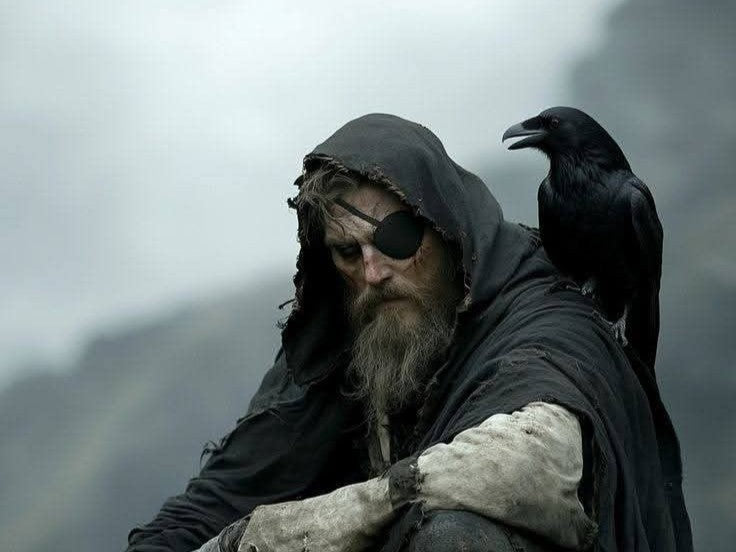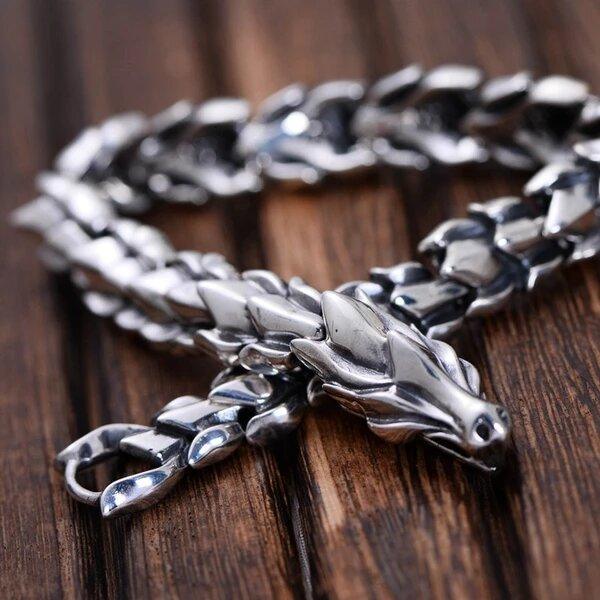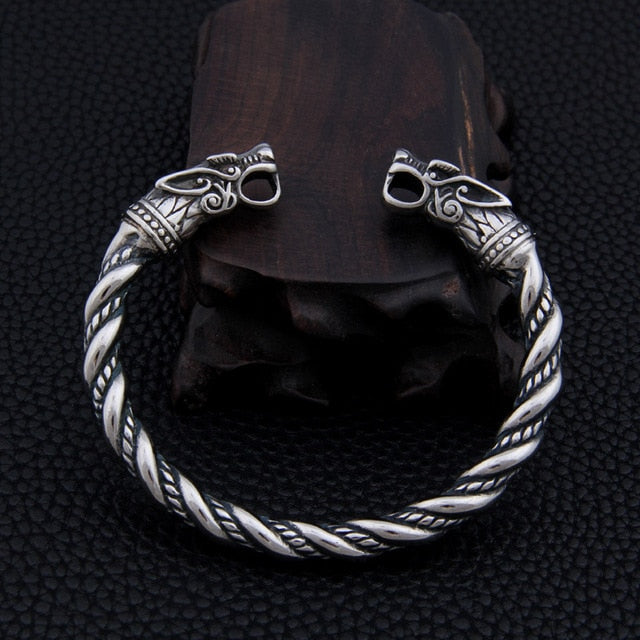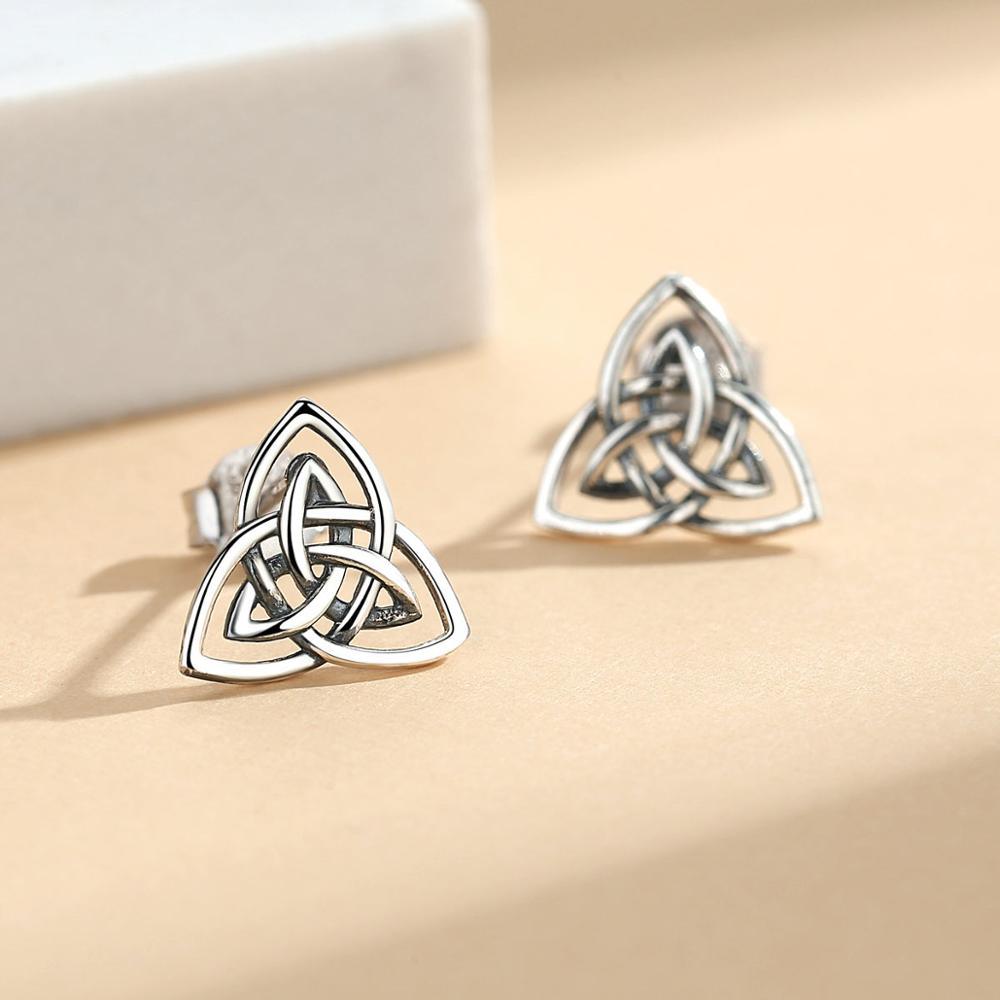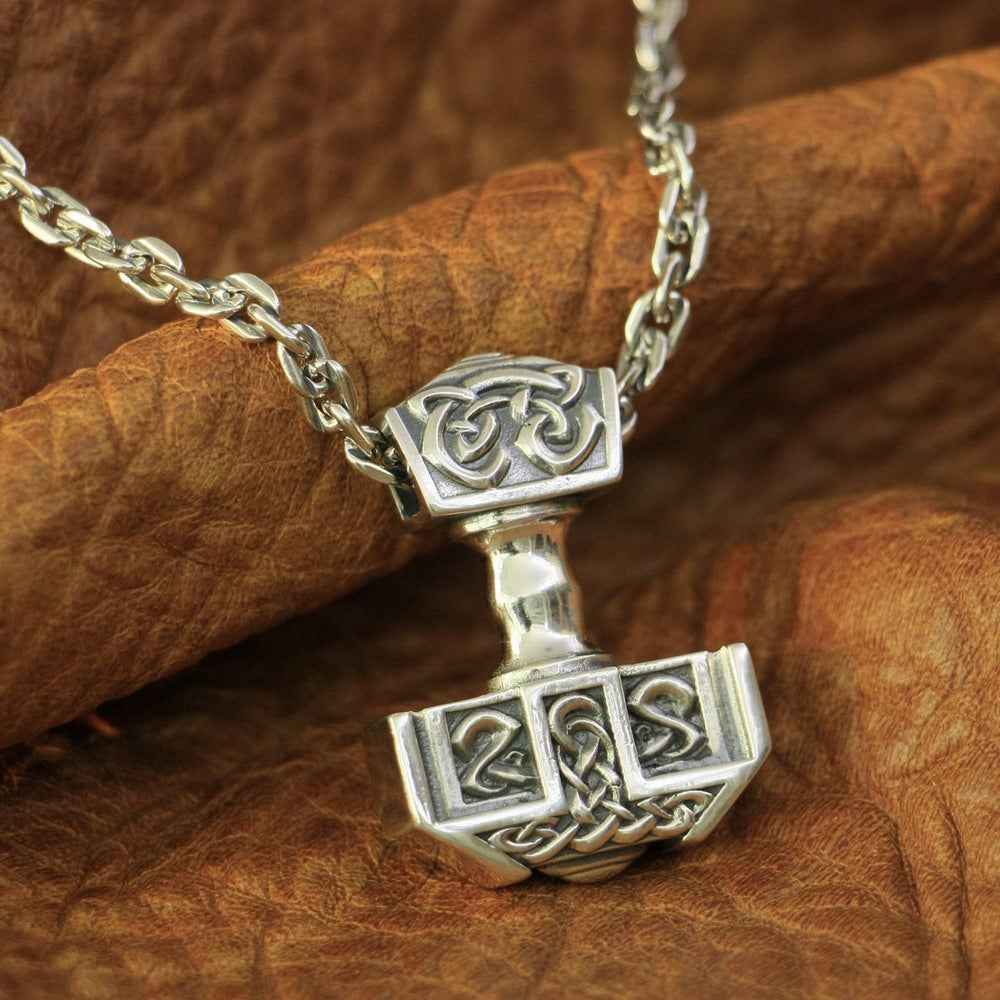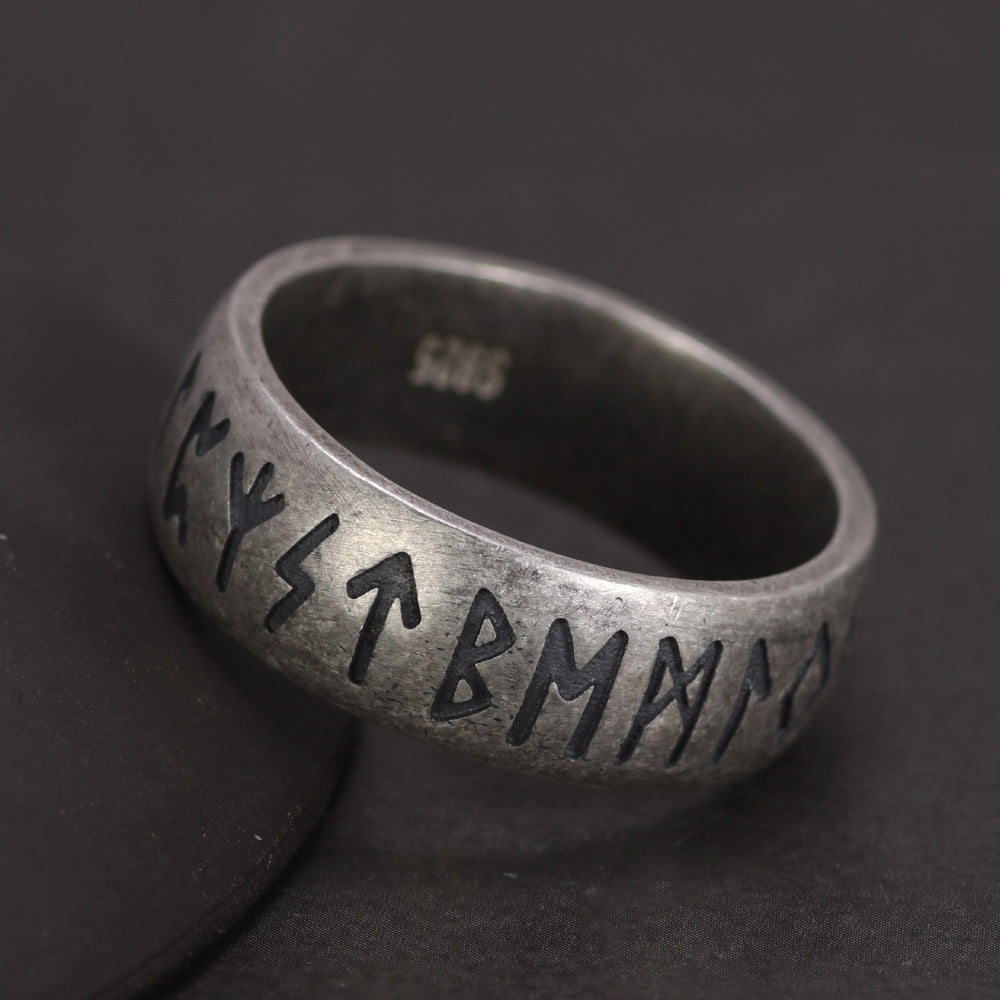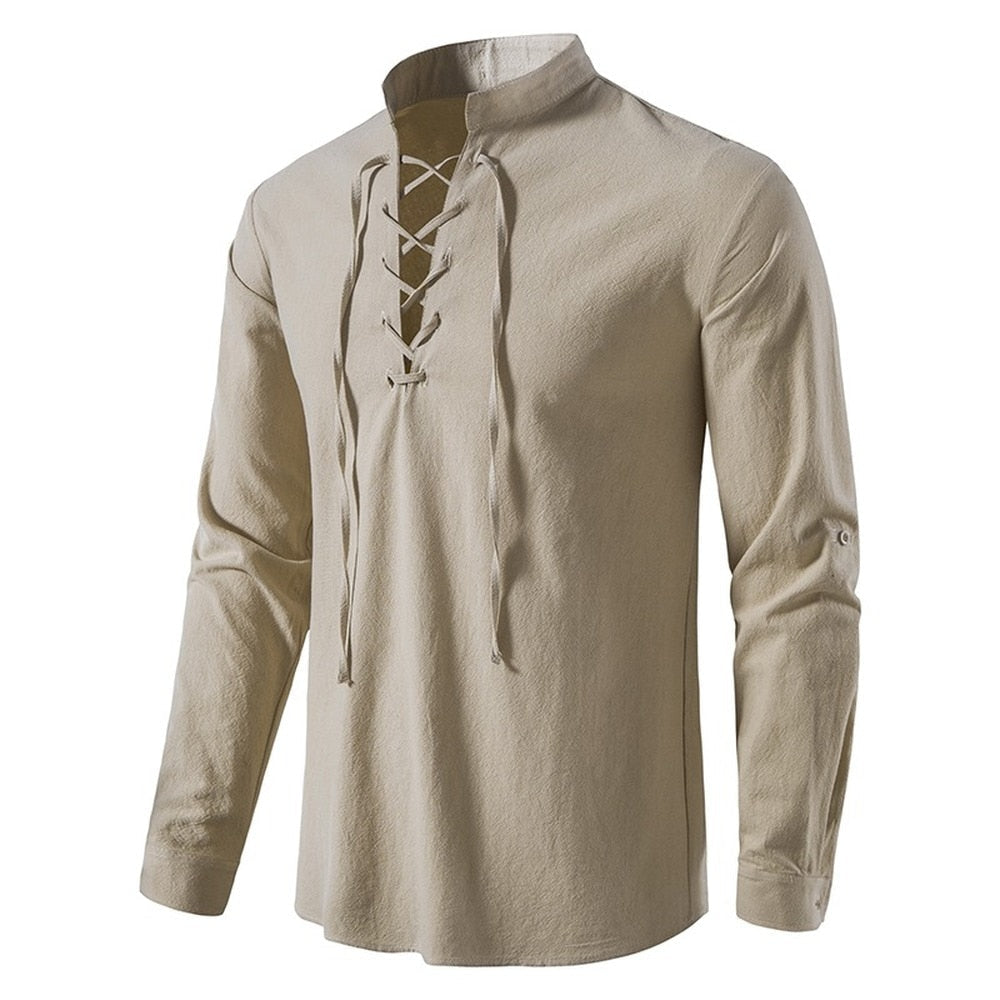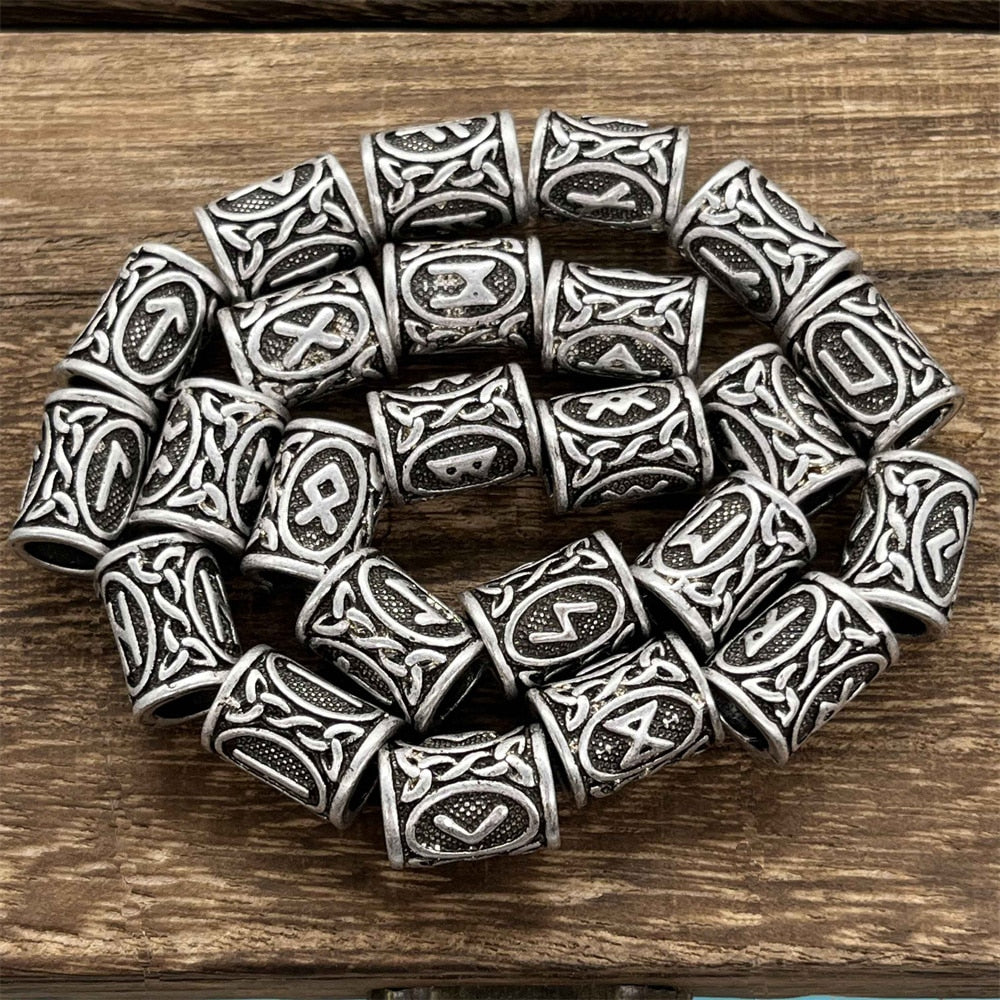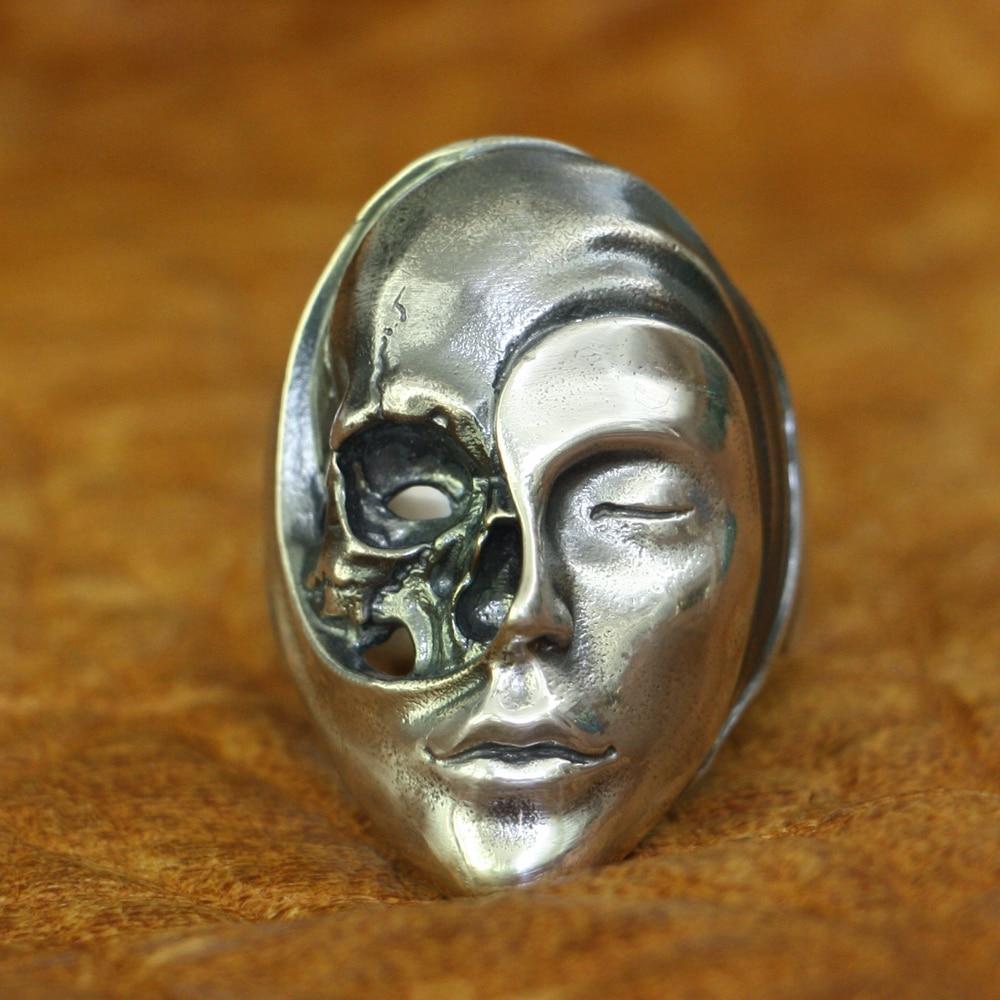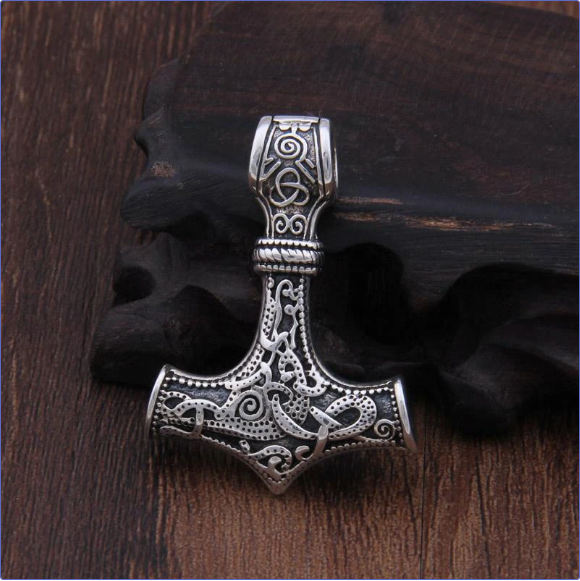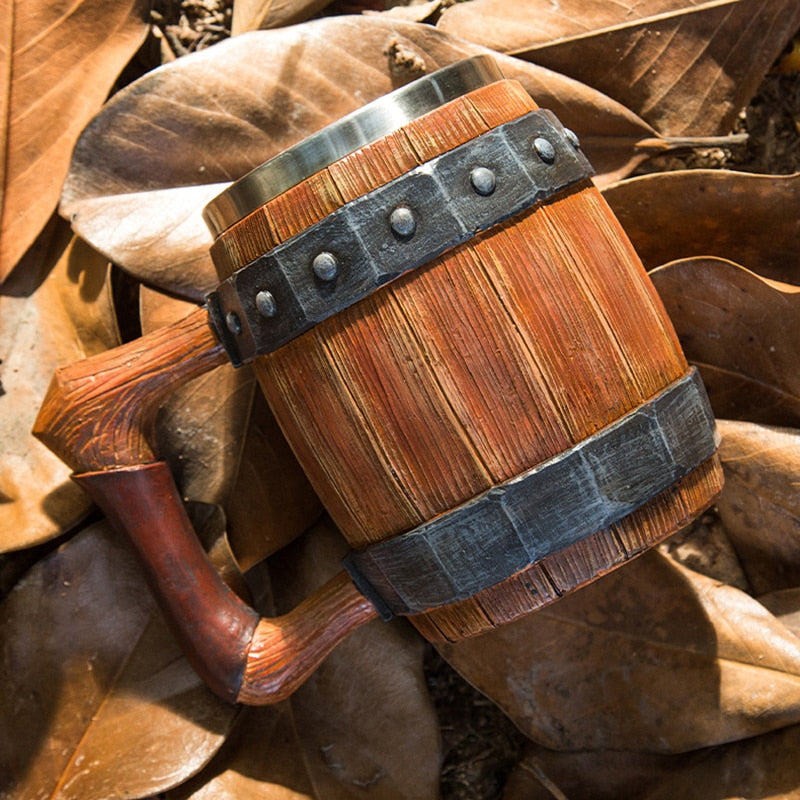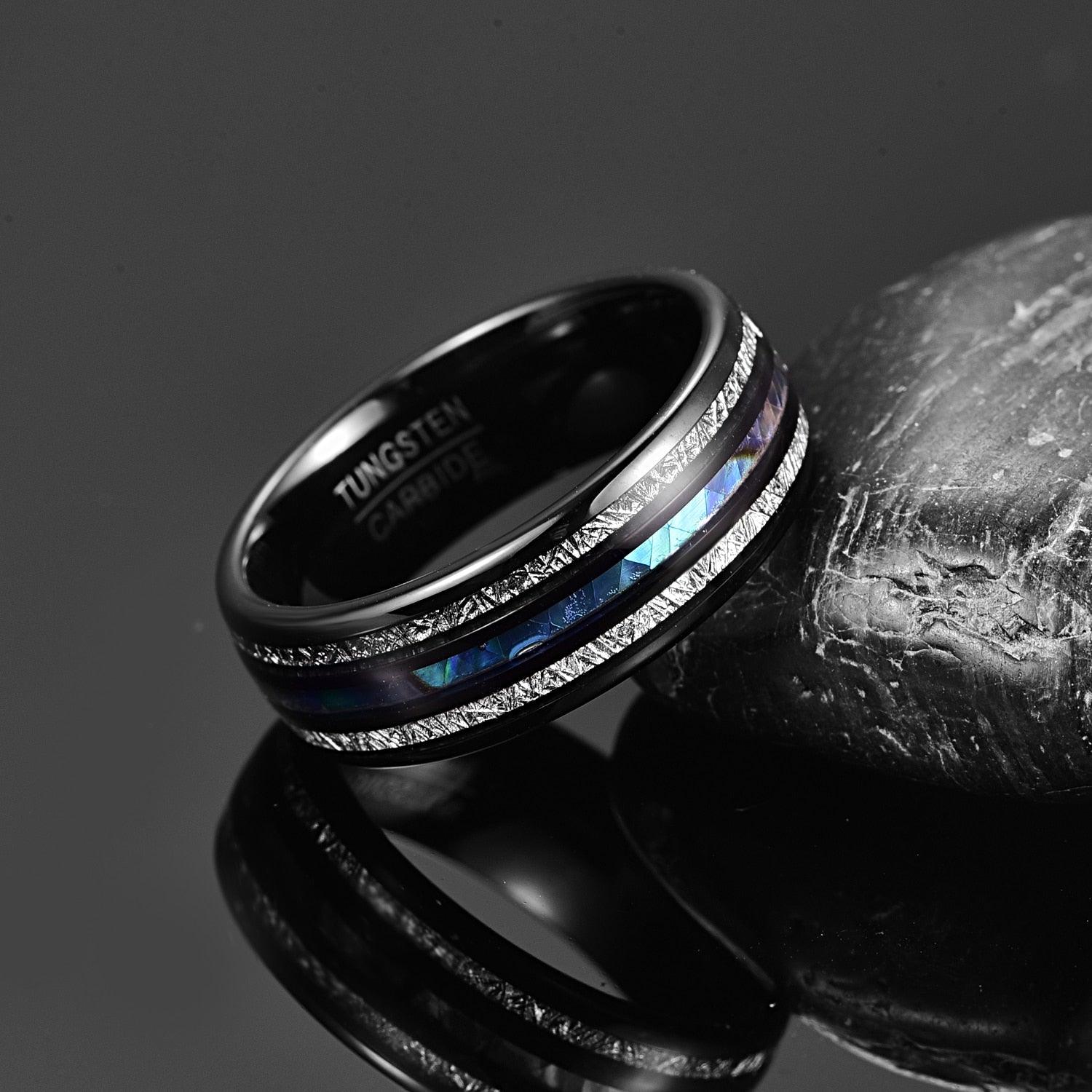Odin, the Allfather, is one of the most fascinating and complex figures in Norse cosmos and religion. Revered as the chief of the Aesir Gods, Odin is a symbol of wisdom, war, magic, poetry, and death. Odin is enigmatic, morally ambiguous, and willing to sacrifice greatly in his relentless pursuit of knowledge and power.

Origins and Family
Odin is a descendant of the primordial being Búri, who was licked out of the ice by the cosmic cow Audhumla. Búri fathered Borr, who then married Bestla, a giantess. Together, they had three sons: Odin, Vili, and Vé. According to the Prose Edda, written by the Icelandic historian and poet Snorri Sturluson, Odin and his brothers slew the primal giant Ymir and used his body to create the world — sky from his skull, earth from his flesh, oceans from his blood, and so on (read more about the creation of Midgard Here).
Odin’s familial connections extend further with his wife Frigg, a powerful Goddess associated with foresight and motherhood. He is also the father of several notable Gods, including Baldr, the beloved and tragic God (Read more about Balder’s death here); Thor, the thunder God and protector of mankind; and Víðarr, a silent avenger destined to slay the wolf Fenrir during Ragnarök.
Odin’s Quest for Wisdom
Perhaps the most distinctive aspect of Odin’s character is his unending quest for wisdom. Unlike many Gods who simply embody or bestow knowledge, Odin actively seeks it — often at great personal cost. One of the most iconic tales tells how he sacrificed one of his eyes at Mímir’s well in exchange for a drink from its waters, which granted immense wisdom. In another story, he hangs himself from the World Tree, Yggdrasil, pierced by his own spear, for nine days and nights — a self-sacrifice to himself — in order to gain knowledge of the runes, the sacred symbols of magic and language.
These stories reveal Odin as a God who understands the price of knowledge and power. He does not shy away from pain or sacrifice if it means gaining deeper insight into the workings of the cosmos. His actions reflect the Norse understanding that wisdom is hard-earned and often comes at great cost.

God of War and Death
Though often associated with wisdom, Odin is also a formidable God of war and death. He does not fight on the front lines like Thor but influences battle through strategy, fury, and inspiration. Warriors would invoke Odin before battle, especially the berserkers and the Úlfhéðnar — fierce fighters believed to be possessed by the spirit of Odin himself.
Odin chooses who will live and who will die in battle. The fallen warriors he favors are taken by the Valkyries to Valhalla, his majestic hall in Asgard, where they feast and train for the final battle at Ragnarök. This reflects another key part of Odin’s nature: he is always preparing for what is to come, always strategizing, even against the seemingly inevitable doom of the Gods.
The Magic of Odin
Odin is a master of seidr, a form of Norse magic associated with prophecy and the manipulation of fate. This type of magic was traditionally practiced by women, and Odin’s use of it marks him as a God who transcends traditional gender roles. His association with the runes also cements his role as a magician, as the runes were believed to be a powerful system for spellcasting and divination.
He is often accompanied by his two ravens, Huginn (Thought) and Muninn (Memory), who fly across the world to bring him news. He also rides an eight-legged horse named Sleipnir, born of Loki’s shapeshifting and mischief (read more about Sleipnir the Best of All Horses here), and carries the spear Gungnir, which never misses its mark.

Odin and Ragnarök
Odin’s story is one of tragic foresight. He knows the fate of the Gods is sealed: they will fall at Ragnarök, the apocalyptic battle between the forces of order and chaos (read more about Ragnarok here and here). Despite this, Odin does not despair. He gathers the einherjar (warriors of Valhalla), fathers avenging sons, and continues his search for knowledge, including seeking out counsel from his fellow Gods, specially Freyja.
In the end, Odin will face the monstrous wolf Fenrir and be devoured. His death will be avenged by his son Víðarr (read about Víðarr the Silent God here), who kills Fenrir in turn. This tragic but heroic death aligns with Norse ideals of courage in the face of inevitable doom.

Odin is not a simplistic God of goodness or light — he is a God of contradictions. He is wise but manipulative, noble but ruthless, a seeker of peace who prepares for war. These contradictions make him a rich and compelling figure in Norse religion and one of the reasons he continues to fascinate scholars, writers, and readers alike. His tales remind us that wisdom has a price, that fate cannot be avoided, and that even Gods must prepare to meet their end.
References
Lindow, John. Norse Mythology: A Guide to Gods, Heroes, Rituals, and Beliefs. Oxford University Press, 2001. ISBN: 9780195153828
Davidson, H. R. Ellis. Gods and Myths of Northern Europe. Penguin Books, 1964. ISBN: 9780140136272
Sturluson, Snorri. The Prose Edda: Norse Mythology. Translated by Jesse L. Byock. Penguin Classics, 2005. ISBN: 9780140447552
